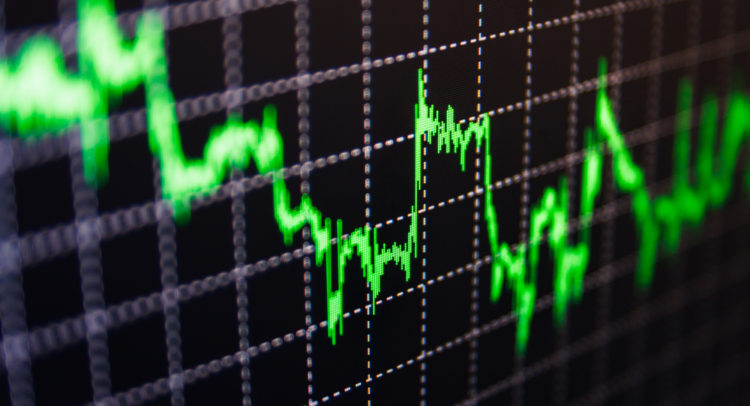Due to Russia’s invasion of Ukraine, there is an inherent threat of possible global food shortages in the coming months as Ukraine is one of the biggest exporters of food grains to the rest of the world.
Invest with Confidence:
- Follow TipRanks' Top Wall Street Analysts to uncover their success rate and average return.
- Join thousands of data-driven investors – Build your Smart Portfolio for personalized insights.
Consequently, there is a growing demand for crop seeds, pesticides, herbicides, and related products that can help increase global crop production.
Likewise, companies with agriculture businesses like Bayer (GB:0P6S) are benefiting from the sudden upsurge in demand for their seed and pesticide products.
Based in Germany, Bayer is a multinational pharmaceutical, healthcare, and agriculture conglomerate. The company operates through Pharmaceuticals, Consumer Health, and Crop Science segments. Its Crop Science business includes seeds, pesticides, herbicides, and fungicides, which was expanded through the acquisition of U.S.-based Monsanto in 2018.
Bayer’s Monsanto Deal
With the aim of significantly boosting its sales from the enhanced product portfolio, Bayer acquired one of the world’s largest seed companies, Monsanto, in 2018 for a whopping $63 billion.
However, the megadeal backfired. Along with the deal came an onslaught of several lawsuits filed by various governmental entities, individuals, and environmental groups.
Monsanto’s Roundup, the weedkiller herbicide, contains an active ingredient glyphosate that is allegedly cancer-causing. There is potentially billions of dollars in legal damage due to the lawsuits pertaining to Roundup.
To put an end to the years-long lawsuits, Bayer filed a petition before the U.S. Supreme Court in December 2021 to nullify a $25 million jury verdict in the case of California resident Edwin Hardeman, who blamed Roundup for causing his cancer.
In May, however, the U.S. Solicitor General urged the U.S. Supreme Court to reject the plea. It also stated that Bayer and its Monsanto subsidiary should stop avoiding taking responsibility for potentially billions of dollars in legal damages from its cancer-causing Roundup weedkiller.
In a sharp contrast to the above-mentioned legal risks, the company’s recently reported outstanding quarterly results were attributed to a significant contribution by its Crop Science division and the Monsanto acquisition.
Driven by robust demand for seeds and pesticides to boost global crop production, Bayer’s herbicide portfolio, which includes glyphosate-based products passed on from the Monsanto acquisition, reported record sales.
Recent Q1 Results
Last month, Bayer reported impressive results for the first quarter driven by robust performance, especially in its Agriculture segment.
Moreover, adjusted earnings of €3.53 per share grew 36.3% year-over-year. Furthermore, total sales of €14.64 billion jumped 18.7% during the quarter.
The outstanding growth was attributed to 27% higher sales from the Agricultural (Crop Science) business, up to €8.45 billion, driven by robust price and volume growth of herbicides and fungicides.
Meanwhile, the Pharmaceutical division reported sales growth of 5.9%, and the Consumer Health unit increased sales by 20.8%.
Wall Street’s Take
On June 6, Bernstein analyst Gunther Zechmann reiterated a Buy rating on Bayer with a price target of €89 (35.57% upside potential).
Consensus among analysts is a Strong Buy based on 12 Buys and two Holds. The average Bayer stock forecast of €78.50 implies a 19.57% upside potential from the current levels.

Conclusion
It is important to note that Bayer’s market capitalization has halved ever since the Monsanto deal in 2018. However, the stock has somewhat revived recently and gained over 44% over the past six months.
Though there is a very slim possibility of the litigation risks diminishing any time soon, the recent euphoria from improving agriculture fundamentals driven by robust demand and improved pricing has sparked interest in the stock from investors.
While the stock continues to trade at attractive discounted valuations compared to its peers, the gigantic litigation risk will continue to remain an overhang on the stock.









